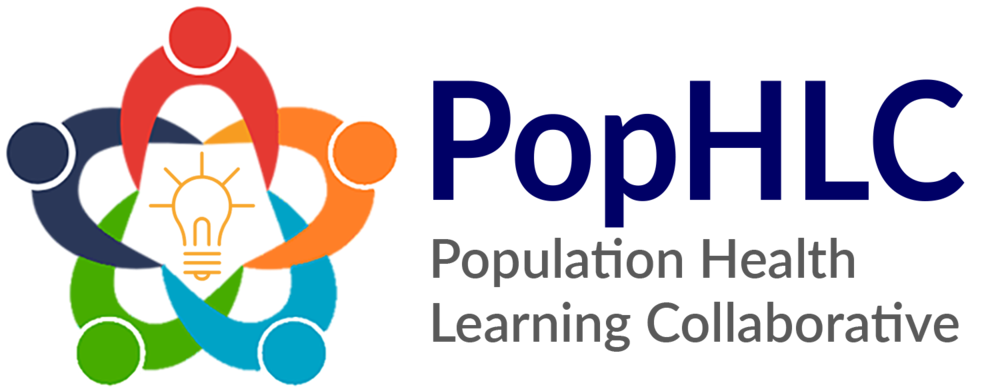Help Your Community Win Against COVID-19 With Rapid POC Antigen Testing
A multi-faceted COVID-19 testing strategy is essential. Different tests have different strengths.
New breakthroughs in rapid, Point-of-Care (POC) antigen testing can allow quick, proactive testing to be rapidly scaled up to turn the tide on the COVID-19 pandemic.
PCR (molecular) testing is the most accurate way to identify a current infection (for a narrow window of time) but requires lab work and often days to get results.
Rapid, Point-of-Care (POC) finger-stick antibody testing identifies who has previously had COVID-19 infection and now has developed antibodies. >>Learn more
Rapid, POC Antigen Testing is a major breakthrough in COVID-19 Testing
“It is a paradigm shift. What I think new [rapid, POC antigen] testing capacity allows us to do is actually play offense--go and hunt for the disease before it spreads, to identify asymptomatic people before they spread it to others. It really becomes about preventing outbreaks not just capturing them after they have occurred.”
Ashish K. Jha, MD, MPH, Dean of the School of Public Health at Brown University, in an NPR story on October 1, 2020
“We’ve been holding our breath as a country for the last months, waiting for new technology, waiting for more capacity for testing. This is a moment for us to capitalize on the technology and lets us reopen parts of the economy and schools with confidence.”
Dr. Thomas Tsai, Assistant Professor in the Department of Health Policy and Management at Harvard University’s T.H. Chan School of Public Health in an NPR story on October 1, 2020
>> LISTEN TO THIS 3-MINUTE STORY…
Rapidly Expanding Pro-Active Testing Could Dramatically Reduce COVID-19 Spread
“Testing half the population weekly with inexpensive, rapid-turnaround COVID-19 tests would drive the virus toward elimination within weeks—even if those tests are significantly less sensitive than gold-standard clinical tests, according to a new study published today by Harvard T.H. Chan School of Public Health and University of Colorado Boulder researchers.”
November 20 press release from Harvard University’s T.H. Chan School of Public Health
Key Points From The Study
Frequency and turnaround time are much more important than test sensitivity for curbing spread.
About two-thirds of infected people have no symptoms and as they await their [PCR test] results, they continue to spread the virus.
“These rapid tests are contagiousness tests… They are extremely effective in detecting COVID-19 when people are contagious.”
Senior co-author Michael Mina, an assistant professor of epidemiology and a faculty member in the Center for Communicable Disease Dynamics at Harvard Chan School.
In one scenario, in which 4% of individuals in a city were already infected, rapid testing three out of four people every three days reduced the number ultimately infected by 88% and was “sufficient to drive the epidemic toward extinction within six weeks.”
Even With Vaccines On The Way, Expanding Antigen Testing Is Very Important
"Vaccines will not obviate the need for testing any time soon," says Dr. Ashish Jha, the dean of the Brown School of Public Health. "It doesn't mean we can let our guard down. The virus will not be gone."
About half the spread happens from people who have no symptoms at all.
Source: NPR Story on Dec. 22
"Testing is just as important as before vaccines… The vaccine isn't an either/or strategy. Vaccines are part of the toolkit along with continued testing and masking and social distancing. In fact, it's even more important now that all of these strategies are working together to suppress the virus."
Dr. Thomas Tsai, Assistant Professor in the Department of Health Policy and Management at Harvard University’s T.H. Chan School of Public Health in NPR Story on Dec. 22
Testing Is Slowing When It Should Be Increasing…
"We probably need to at least double the amount of testing we're doing," Unfortunately, the increase in testing appears to have stagnated.
Jennifer Nuzzo, a senior scholar at the Johns Hopkins Bloomberg School of Public Health Center for Health Security in NPR Story on Dec. 22
Now that antigen testing is so much faster, easier, and nicely reimbursed, nearly every CLIA-waived care provider should be adding or expanding their antigen testing.
Details On An Emergency Use Authorized (EUA) Rapid, POC Antigen Test
Intended at POC setting (i.e., inpatient care settings) by medical professionals with a CLIA waiver
Rapid results within 10 minutes
No lab equipment or additional instrument required
Nasopharyngeal swab specimen collection
Detects SARS-CoV-2 nucleocapsid protein antigen via a lateral flow assay
Manufactured by Access Bio in partnership with Intrivo Diagnostics. Distributed in the U.S. by Verséa Diagnostics. The team of Verséa experts continues to research and identify the highest quality tests that are made to the highest standards. Verséa provides personalized customer service and provides access to the latest testing.
Breakthroughs And Benefits Of CareStart™ Rapid POC Antigen Tests (For Clinics And Other Care Providers)
No need to send samples to a lab and wait for results.
Results in 10 minutes. No need for the patient to wait days for results.
Enhance contact tracing due to faster results and expanded testing. (Source: ECDC)
Immediately create a care plan – with greater confidence and likely greater compliance versus encouraging people to “play it safe” while waiting for results.
Enable people to get back to work, school or social engagement (while still taking precautions like masks and social distancing)
Reimbursed by insurance, Medicaid or with CARES Act dollars for the uninsured
Focus PCR testing (and lab use) primarily for people testing positive for antigens
















